The 'colonial' cinema of Belarus
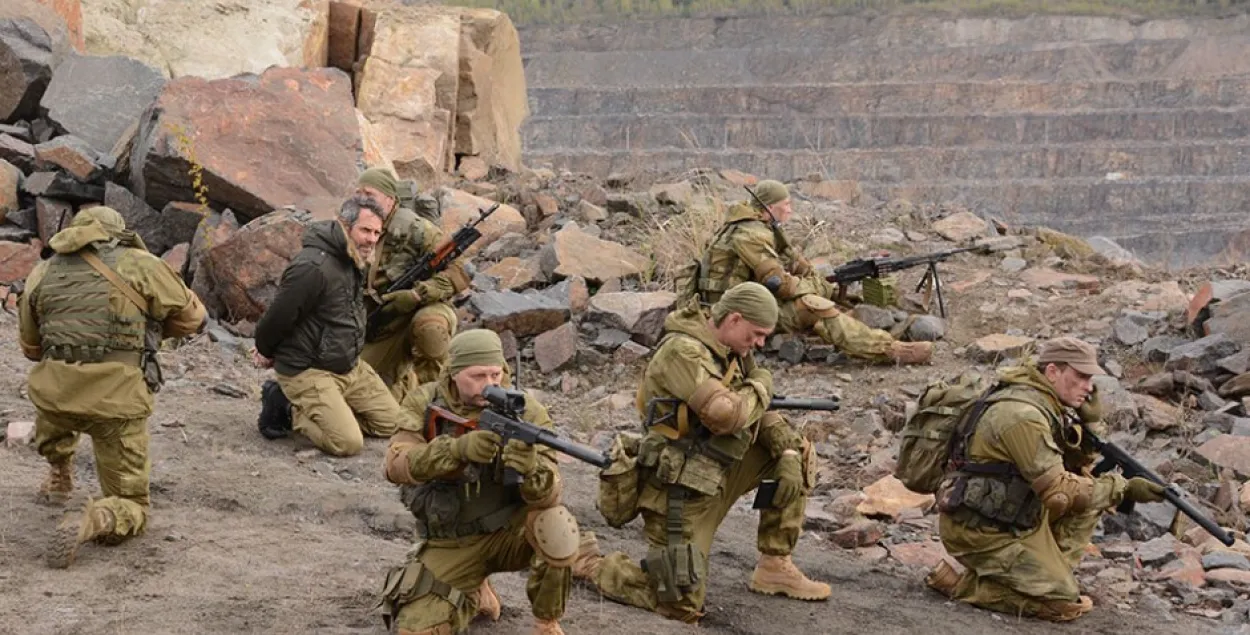
A still shot from the movie.
The Black Dog, to premier in Belarusian cinemas on April 11, was ordered and funded by the Belarusian Ministry of Culture. One of the screenwriters is Mikalai Charhinets, a retired police general and author of at least 30 books about the adventures of the brave Soviet and post-Soviet military. The movie is based on one of his latest books.
It would seem like watching the movie before the premiere would be impossible, unless one could get into the press screenings. But the movie has already been shown on the Russian NTV channel as a four-episodes television series. It can also be found online. Since it is already everywhere, it would only seem logical to release it in cinemas.
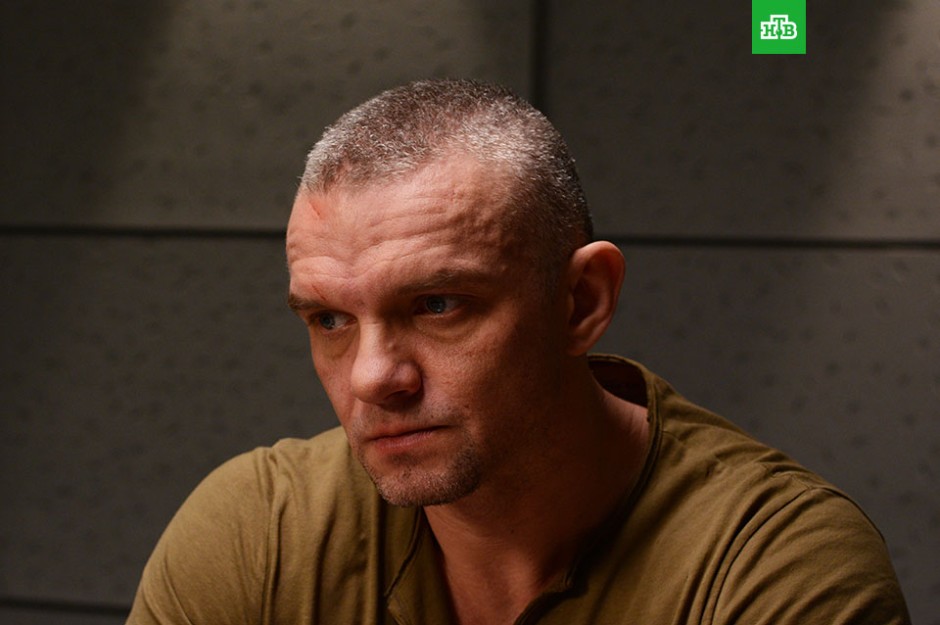
The events in The Black Dog take place somewhere in Syria and Moscow, but most of them happen in Minsk. However, if you do not know that the action takes place not in Russia, you would not guess it. You will also not find any references to the fact that Minsk is the capital of an independent country, as if this is not the capital of Belarus on the screen, but Salekhard or some other Russian city.
But it is Minsk. Minsk residents will be able to recognize familiar streets in the out-of-focus shots. The main character says that he and his family live in Minsk. And that's it. International terrorists, the Russian military and all kinds of Russian special services portrayed in the movie behave as if they are at home in Russia.
At the same time, as it often happens in movies of this kind, local special services do not feature in the movie at all. In Black Dog there is a scene with brave Belarusian police running errands for some kind of unintelligible Russian ISS (Information Security Service).
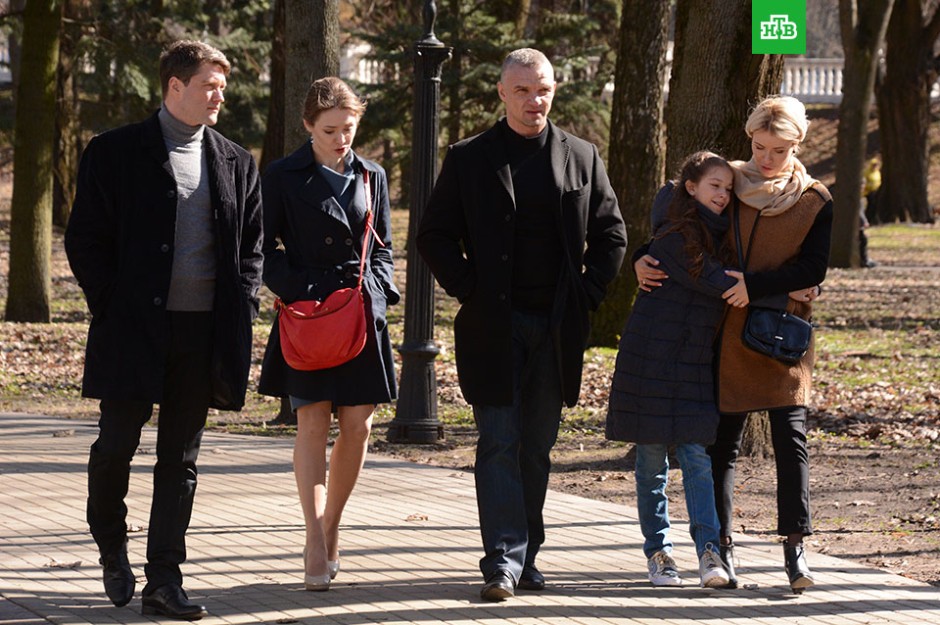
In the movie, Minsk is a city similar to Tijuana in Hollywood films. In terms of status, Belarus in the movie is not higher than Mexico. And the Russian special services here behave no better than the CIA in “Sicario” with Benicio del Toro.
The protagonist with the call sign The Black Dog (played by Russian actor Vladimir Yepifantsev) works for an "international anti-terrorism service" and lives in Minsk. At the same time, in essence, he is fighting for Russia in Syria. As part of the team he is sent to a special mission where he must capture an international arms dealer. The mission is a success, but during the operation the whole group is killed.
The 'Syrian' footage was filmed at the Mikashevichy granite quarry in the Luninets district of Belarus.
The Black Dog survives and staggers around Syria for a whole year, suppressing the pain of a deadly splinter in the brain with homemade morphine. The recipe of the morphine was whispered to him by a mountain monk. Without this medicine, the hero gets flashbacks and suffers in every way.
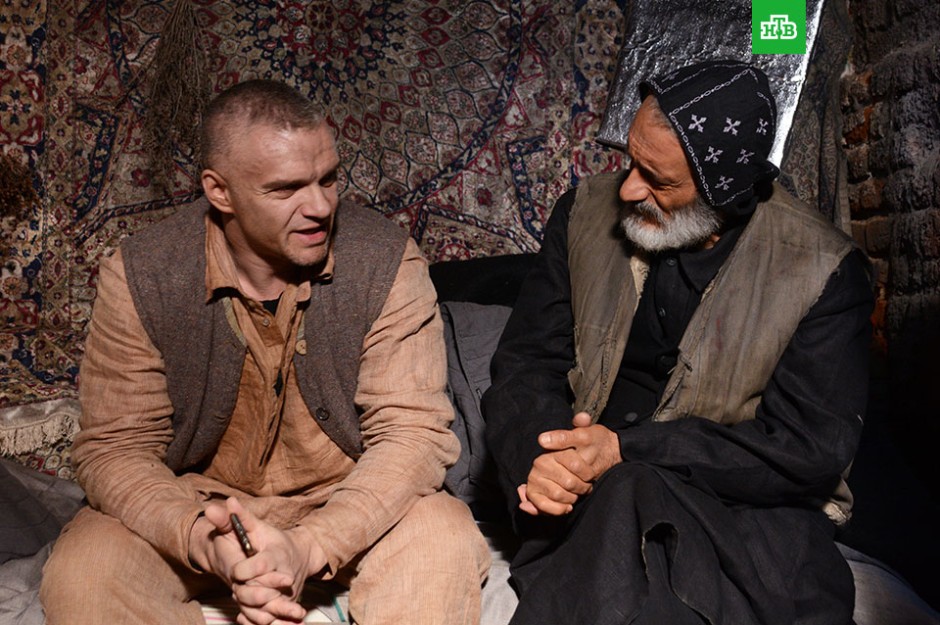
Meanwhile, the terrorists stole some nuclear waste from Pakistan, built several “dirty bombs” and now they want to deliver “gifts” across Europe through the logistics center in Belarus. They also want to blow up one of the bombs in Minsk. What a nice advert for a transport hub between the West and the East that Belarusian foreign ministry puts in a great effort to promote?
The valiant protagonist and agents of the Russian ISS prevent this plan from being accomplished by intercepting wagons with dirty bombs.
After watching the three-hour television series, a number of questions remain. The film is made of a savage number of plot stamps and enthusiasm aimed at fans of the "bottom" category. Badly shot, it is full of mediocre performance and a corny plot.
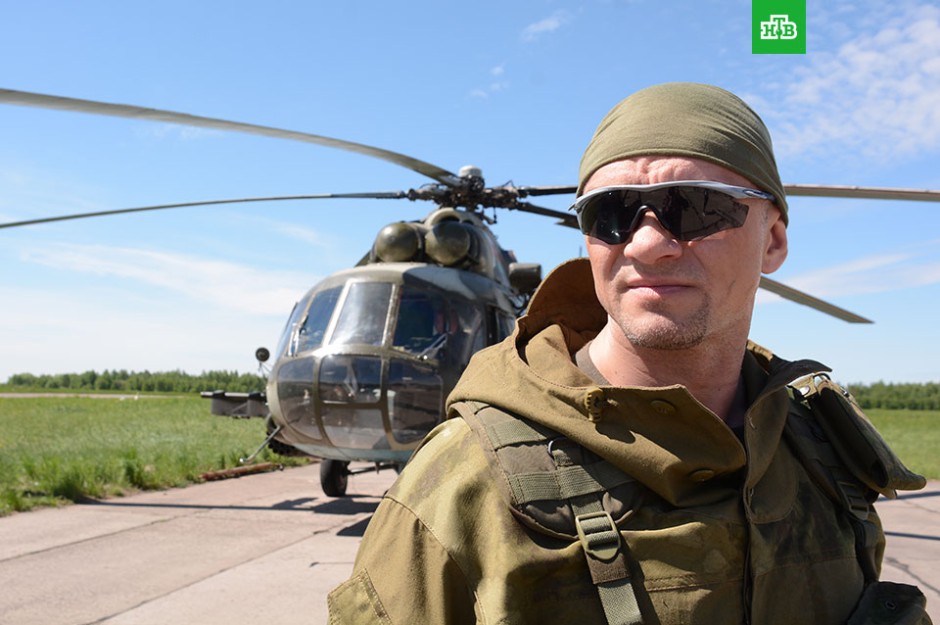
Firstly, what exactly was it? Despite the fact that both its directors, Alyaksandr Franskevich-Laye and Uladzimir Yankouski, are Belarusians, the movie is completely 'colonial'. Belarus as an entity, as an actor, as a country, as an image and idea, is not even mentioned here. Given that the movie was shot on the order of “Belarusfilm” and for Belarusian money, this kind of ideological content raises questions. This is not even similar to the flawed “Crystal Swan” movie, which, despite the claims of the audience and critics about the lack of Belarusian spirit, has much more of Belarus and where Minsk was clearly and prominently represented. Here we have a typical Russian film about the actions in the district city of M-sk.
Secondly, the movie was made using our money, but the main actors are Russian. How so? Belarusians are looming somewhere in the background. There is not a word about the Belarusian independence, sovereignty and at least some kind of identity. This film is not about Belarus at all. So what was the Belarusian tax-payers' money spent on?
Thirdly, the film has been sold to NTV, it has already been shown on TV, it is available on the Internet, and all of a sudden our “Belarusfilm” decides to release it. What for?
Fourthly, according to the movie, foreign special services and terrorists feel themselves at home in Belarus. Our security agencies don't seem to be found anywhere. Where are they?
And, finally, Minsk is presented in the film as an ordinary Russian city, there is not a hint that it is the capital of Belarus. Why? It is not mentioned at all that the film takes place on the territory of an independent state, only that roads in this M-sk city are better than in the average Russian regional center.


















